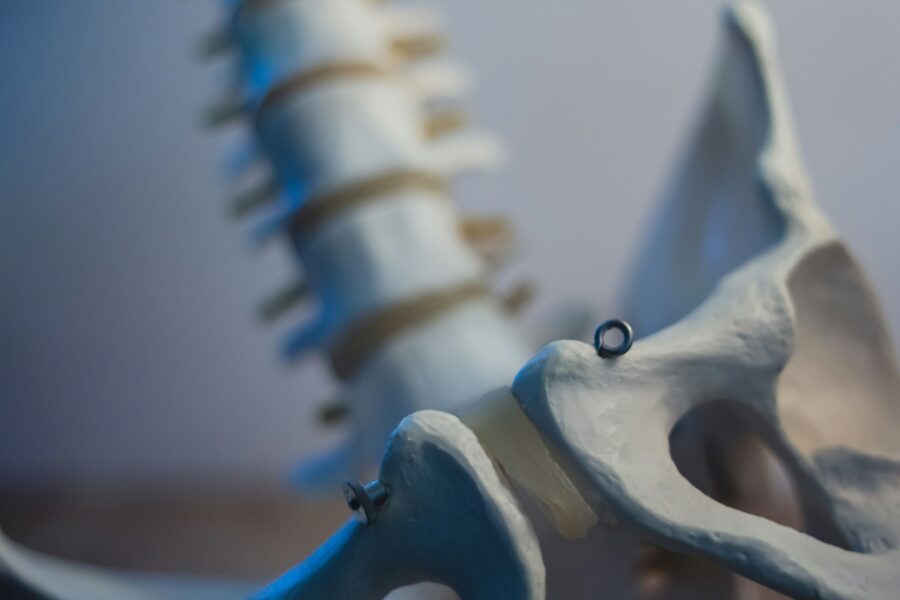Pelvic floor pain can be debilitating, affecting many aspects of daily life. While physical therapy and lifestyle changes are often the first line of treatment, some patients may require medical interventions, including medications and, in severe cases, surgery. Understanding these options can help patients make informed decisions about their care.
Medications for Pelvic Floor Pain
Medications can play a crucial role in managing pelvic floor pain, particularly when other treatments are not sufficiently effective. Several types of medications may be prescribed:
1. Pain Relievers: Over-the-counter pain relievers like acetaminophen and ibuprofen can help manage mild to moderate pain. For more severe pain, a doctor may prescribe stronger analgesics.
2. Muscle Relaxants: These medications help reduce muscle spasms and tension in the pelvic floor. Common muscle relaxants include diazepam and baclofen.
3. Antidepressants: Certain antidepressants, such as amitriptyline or duloxetine, have been found to be effective in managing chronic pelvic pain, even in patients without depression. They work by altering the way the brain processes pain signals.
4. Nerve Block Injections: In cases where nerve pain is significant, nerve block injections can provide relief. These injections contain anesthetic and anti-inflammatory medications that target specific nerves contributing to pain.
5. Hormonal Treatments: For pain related to hormonal fluctuations, such as endometriosis or other gynecological conditions, hormonal treatments like birth control pills or hormone replacement therapy may be effective.
Surgical Options for Pelvic Floor Pain
Surgery is usually considered a last resort for pelvic floor pain when conservative treatments have failed. Surgical options vary depending on the underlying cause of the pain:
1. Laparoscopy: This minimally invasive surgery is often used to diagnose and treat conditions like endometriosis, which can cause significant pelvic pain. By removing or destroying endometrial tissue, pain can be alleviated.
2. Pelvic Organ Prolapse Surgery: In cases of pelvic organ prolapse, where organs like the bladder or uterus drop from their normal position, surgical intervention may be required to restore normal anatomy and relieve pain.
3. Nerve Decompression Surgery: For patients with pudendal neuralgia or other nerve entrapments, decompression surgery can relieve pressure on the affected nerves and reduce pain.
4. Hysterectomy: In severe cases of chronic pelvic pain related to gynecological conditions like fibroids or adenomyosis, a hysterectomy (removal of the uterus) may be considered.
Choosing the Right Treatment
The decision to pursue medical or surgical treatments for pelvic floor pain should be made in consultation with a healthcare provider, ideally a specialist in pelvic health. The provider will conduct a thorough evaluation, including medical history, physical examination, and possibly diagnostic tests, to determine the most appropriate treatment plan.
The Role of the Doctor
Doctors specializing in pelvic health are crucial in diagnosing the underlying causes of pelvic floor pain and recommending the best course of treatment. They work closely with patients to tailor a treatment plan that addresses their specific needs, ensuring the best possible outcomes.
Early diagnosis and intervention are key to managing pelvic floor pain effectively. If you are experiencing symptoms, don’t hesitate to seek medical advice. A comprehensive approach that combines lifestyle changes, physical therapy, medications, and possibly surgery can help you regain control and improve your quality of life.


